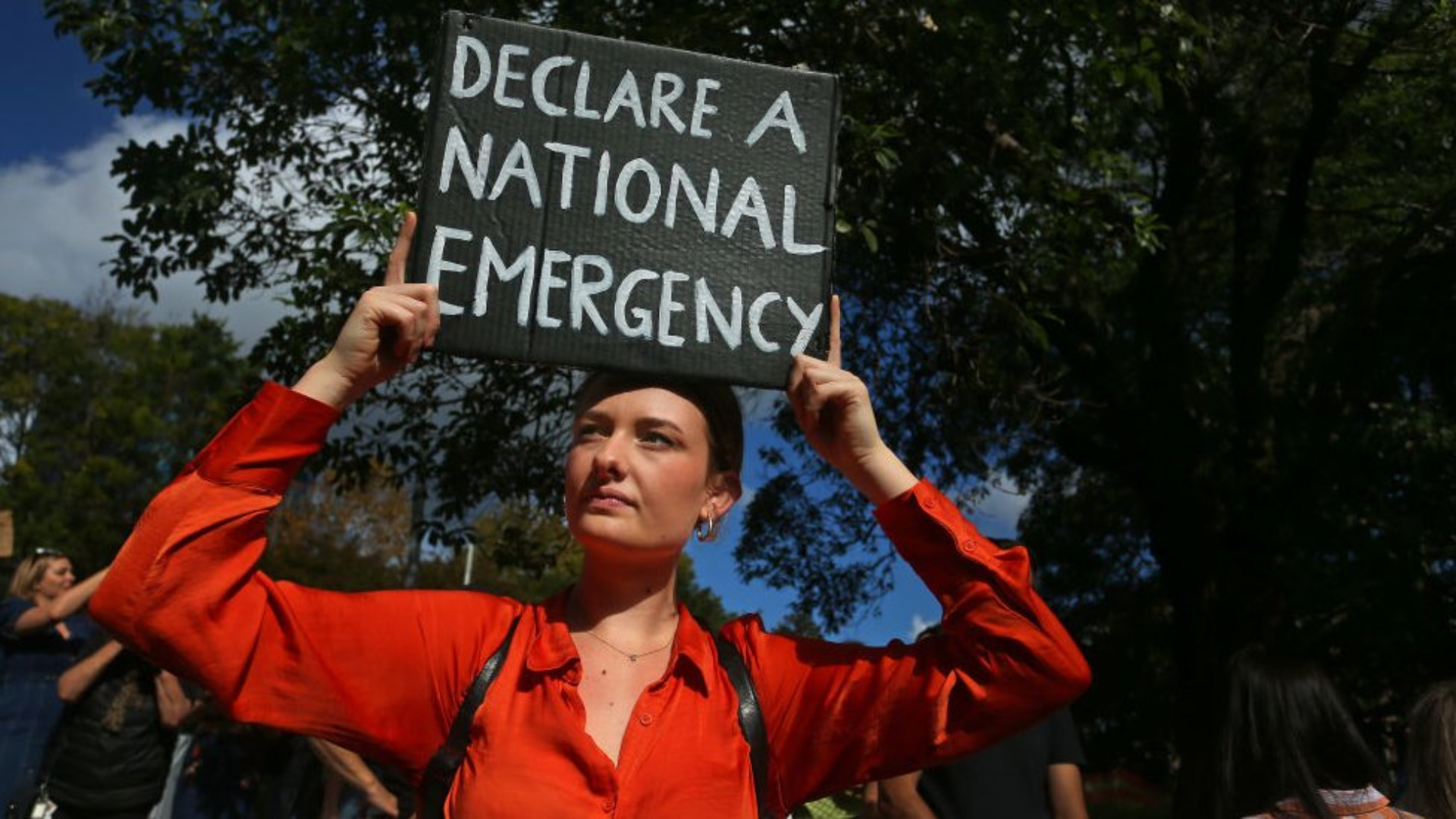In a resounding display of solidarity and urgency, rallies have swept across Australia in response to a surge in violence against women, prompting calls for decisive government action and systemic change. Thousands of demonstrators have taken to the streets, demanding that gender-based violence be declared a national emergency and advocating for stricter laws to combat this pervasive issue.
Prime Minister Anthony Albanese acknowledged the gravity of the situation, labeling it a national crisis. Addressing a massive gathering in the capital, Canberra, he conceded that both the federal and local governments must do better. “We need to change culture, attitudes, the legal system, and the approach by all governments,” he asserted, highlighting the imperative for comprehensive reform.
Organizers of the rallies, exemplified by voices like Martina Ferrara, emphasized the need for victim-survivors to have alternative reporting options, enabling them to control their narratives and healing processes. “We want the government to acknowledge this is an emergency action and take immediate steps,” Ferrara stressed, underscoring the urgency of the matter.
However, while demonstrators clamored for gender-based violence to be classified as a national emergency, Prime Minister Albanese cautioned against simplistic categorizations. He noted that emergency classifications, typically reserved for natural disasters like floods or bushfires, might not be suitable for addressing the entrenched societal issue of violence against women. “We don’t need one month or two months – we need to address this in a serious way, week by week, month by month, year by year,” he affirmed, advocating for sustained, long-term strategies.
Nevertheless, Australia’s federal attorney general, Mark Dreyfus, rebuffed calls for a royal commission into gender-based violence, sparking further debate and dissent. Despite the government’s reluctance, Prime Minister Albanese has repeatedly characterized gender-based violence as an epidemic, a sentiment echoed by many in light of recent tragedies.
The urgency of the issue has been underscored by recent events, including a horrific stabbing incident in a Sydney shopping center, where five out of six victims were women. According to data compiled by the campaign group Destroy the Joint, 27 women have lost their lives in the first 119 days of 2024, casting a grim shadow over the nation and galvanizing calls for immediate action.
The marches and rallies serve as a potent reminder of the collective will to confront gender-based violence head-on, demanding not just rhetoric, but tangible measures to ensure the safety and dignity of all Australians. As the nation grapples with this sobering reality, the pressure mounts on authorities to heed the calls for change and usher in a new era of accountability and justice.







